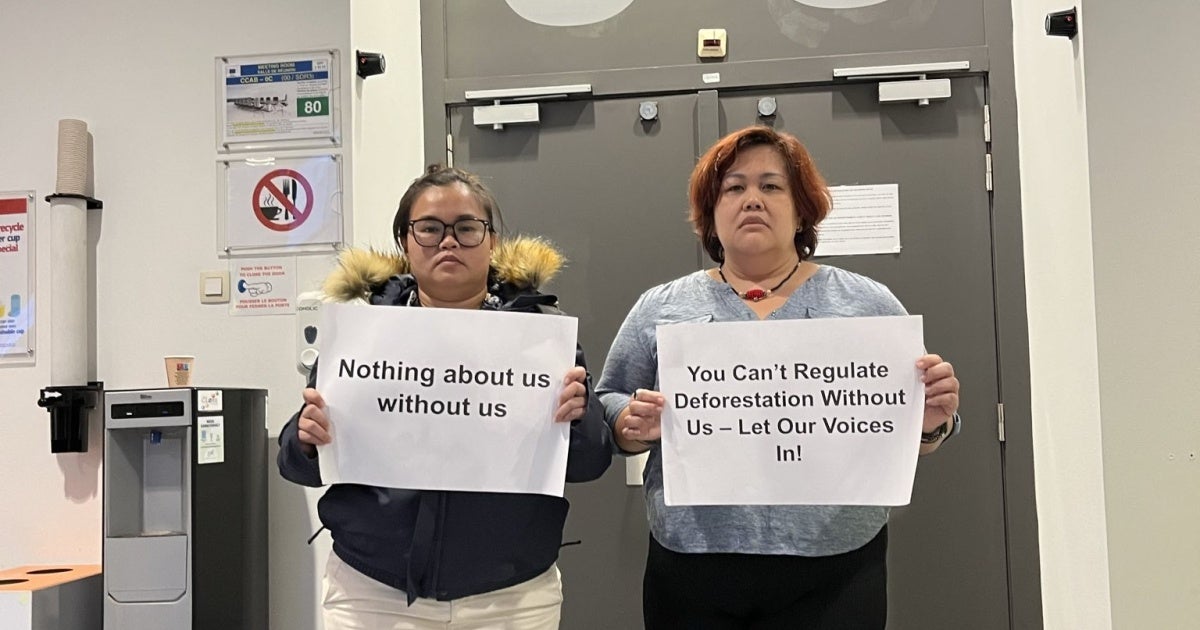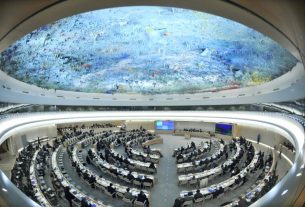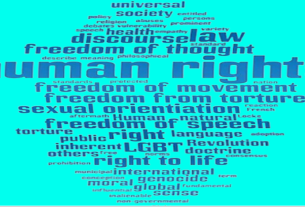Far from the front lines where bulldozers tear down tropical forests, European Union officials are preparing to implement a crucial law that will require EU-based companies to ensure their imports and exports are “deforestation-free” and not driving human rights abuses.
With 10 football field-sized tracts of climate-critical forest razed per minute globally in 2023, the stakes couldn’t be higher.
Last week, I traveled to Brussels with partners from Malaysia and international groups to attend a meeting between the European Commission and government officials from Malaysia and Indonesia on the EU’s anti-deforestation law.
Upon arrival, we found out the Malaysian and Indonesian governments sought to deny civil society access to the meeting. The EU folded to these demands, so instead of participating in person we watched the meeting from a screen in a separate room.
“We found ourselves not only denied a place at the table but banned from the room where key negotiations on ending deforestation in Malaysia are happening,” said Celine Lim, manager of the Indigenous organization SAVE Rivers from Sarawak, who traveled from Malaysian Borneo to attend.
This prevented communities on the front lines of deforestation and the organizations that support them from providing their input and contesting Malaysian and Indonesian officials’ claims that the EU regulations are an unnecessary imposition.
Here are three critical points we would have made at the meeting, drawing on our work on deforestation in Malaysia:
First, timber and palm oil companies in Malaysia are routinely encroaching on Indigenous territories. Malaysia’s laws to protect Indigenous rights are woefully inadequate, but even those scant protections are often being ignored in practice.
Second, the Malaysian government’s forest data is unreliable. Anything the government has legally designated as natural forest counts as such in its estimates, even if it has been demolished, as noted by Adam Farhan, director of the Malaysian environmental group RimbaWatch.
Third, while Malaysia insists that the EU use its certification programs as a guarantee for EU Deforestation Regulation compliance, there are glaring issues. For example, the Malaysian Timber Certification Scheme has been plagued by complaints about a lack of transparency from auditors and the inability of companies to be penalized for noncompliance.
For the EU deforestation law to work, the EU’s task force needs to hear from the frontline communities most directly affected by deforestation.



